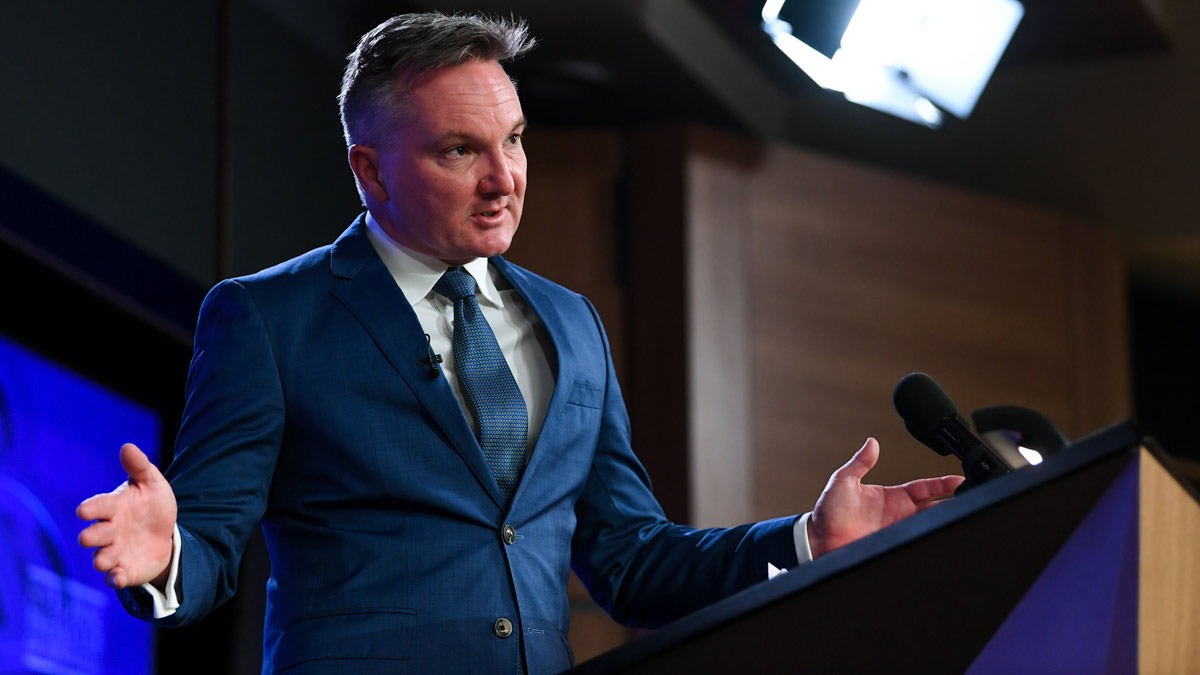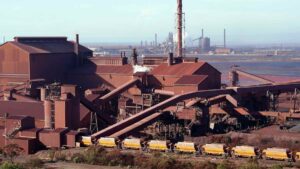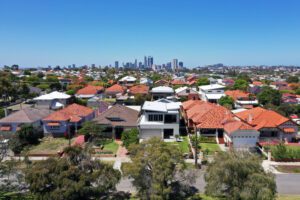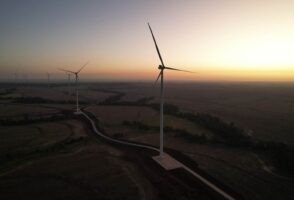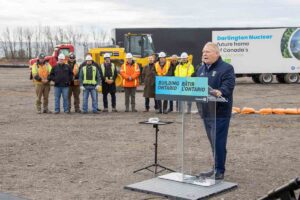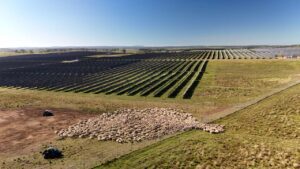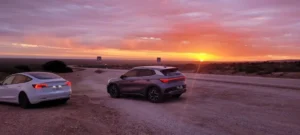Federal Labor says it will focus on winning the ‘economic argument’ for climate change in the lead up to the next federal election and sees a continuing focus on the ‘moral arguments’ as being vulnerable to scare campaigns.
Speaking during a live recording of the Energy Efficiency Council’s First Fuel podcast, Labor’s climate and energy spokesperson Chris Bowen said that successfully communicating the economic benefits of acting on climate change will be vital to winning the political debate, and the next election.
“From my point of view, we’ve got to win the argument of the economics of climate change to win the climate change debate, and win an election with an ambitious climate change policy,” Bowen said.
“My side of politics, and those who care about climate change, have repeatedly won the moral argument. They’ve won the argument that this is a moral obligation to future generations, to the rest of the world. But have repeatedly lost the argument that this is good for Australia, economically.”
“As a result, when the scare campaign starts about jobs, we lose elections and therefore, the country loses yet another opportunity to engage in climate policy,” Bowen added.
Bowen took over responsibility as Labor’s spokesperson on energy and climate just over 12-months ago, as the opposition party sought to reorientate its messaging on climate change away from a focus on the moral and environmental arguments to an increased focus on the jobs and economic opportunities being created by the clean energy transition.
Bowen acknowledged that some Australian industries would be adversely impacted by decarbonisation but added that he sees a positive overall opportunity for the Australian economy in a transition to clean energy.
“There’s always change as you’re changing an economy. There’s always going to be people impacted. But you can also present, truthfully, a very optimistic story about Australia’s renewable energy future,” Bowen said.
“We shouldn’t get dragged into the trap of climate change being some sort of austerity driver, that we have to reduce our living standards. That’s just not true.”
“The Australian people are quite rightly not going to vote for negative outcomes. They are going to vote for an optimistic, forward-looking, bright outcome, and that’s what our climate change policies are designed to be.”
But Bowen, possibly to the disappointment of his audience, warned that energy efficiency, often referred to as a no-brainer for the community because of its low cost and big dividends, could be one area where a fear campaign is raised.
Bowen said opponents of climate action could use talk of reducing energy use as a way to drum up fear about restricting people’s way of life, scaring voters about limiting their use of appliances and reducing living standards.
“I think we’ve got to be careful in our communications because if we only talk about reducing energy usage, we run the risk of getting dragged into that austerity argument, that somehow action on climate change is about having less things and being able to turn less things, which is not right,” Bowen said.
“Having said that, absolutely [energy efficiency] is an important part of the mix. The easiest energy saving is the megawatt you’ve eliminated the need to be generated through energy efficiency.”
“Our opponents can very easily take a very sensible statement and turn it into ‘you will not be able to turn the lights on’. It’s bullshit, but it can be misrepresented,” Bowen added.
In December, Bowen unveiled the latest iteration of Labor’s climate policy platform, which would commit Australia to a 43 per cent emissions reduction target by 2030, to be achieved through stronger emissions caps imposed on industrial emitters and supporting further investment in the growth of renewable electricity.
The policy platform will rely heavily on the existing Safeguard Mechanism introduced by the Abbott government. To date, the Safeguard Mechanism has done little to reduce emissions due to weak policy settings, but Labor sees it as having the potential to drive down emissions by strengthening the emissions caps placed on major emitters.
Bowen said that Labor would look to integrate energy efficiency into the measures that form part of its policy platform, including planned reforms to the Safeguard Mechanism, rather than announcing a standalone energy efficiency policy in the lead up to the next election.
“I have preferred to focus on building energy efficiency into the other policies that we have and having them embedded within the Safeguards Mechanism,” Bowen said.
“Obviously, [the Safeguards Mechanism] is big industrial emitters as opposed to households, but it would be included in the embroidery, in the fabric, of the policy, rather than having a standalone energy efficiency approach across the board.”
“But in terms of households in existing households and lower-income households, that would be something which I think there would need to be an ongoing national conversation about,” Bowen added.

